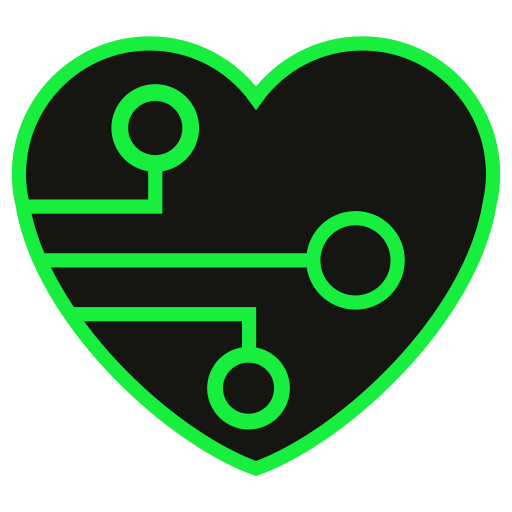Recent searches
Search options
@sour @hakan_geijer Absolutely! Security focused live systems are neat for some throwaway work, just do recognize that if the hardware is tampered with, it's hard for the OS to defend against that.
But most attacks that work well against Linux but not so against modern Windows/macOS are attacks targeting the installed OS. With a live system you circumvent that. In theory, you can harden a Linux to a similar degree as Windows BitLocker (i.e., measuring Secure Boot state + long password or fido2 stick, using
signed UKIs, etc.) or perhaps even more than that, but it's not the default and requires quite some knowledge.
@ljrk @sour not that you're wrong but I suspect your level of technicality is maybe too much here. I think maybe the answer is: Tails is good for ephemeral things and is quite anon, but its less commonly use for daily activity.
But to really even answer the question, we need to step back and ask why they want to use Tails in the first place
@hakan_geijer@kolektiva.social @ljrk@todon.eu
im considering tails for deleting files from past activities
@hakan_geijer@kolektiva.social @ljrk@todon.eu
for removing evidence of being involved in activist events
@sour @ljrk Yes, so if you want to remove photos from a phone's internal storage, a laptop harddrive, an external harddrive, or something like an SD card, you could do that with Tails, but you don't need to. You can just use `srm`, though forensics is not my forte, so someone else might be able to more accurately direct you.
@hakan_geijer@kolektiva.social @ljrk@todon.eu
also compartamentalization and making a “temporary computer”
@sour @hakan_geijer Securely wiping data is a very hard problem. Srm is unfortunately not updated for 10 years and hard drive technology has changed a lot since. Especially flash storage (SSDs, USB sticks, etc.) are hard to wipe securely, more specific info is here:
https://wiki.archlinux.org/title/Securely_wipe_disk
The only secure way is to simply never produce the data in the first place, or only within an encrypted volume and then throw away the key. Securely wiping is almost dead.
Using tails for temporary computing is fine though.


